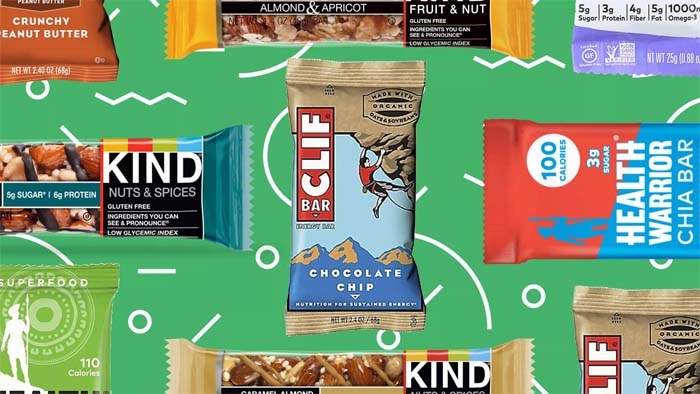
If you ever find yourself hopelessly lost at a Whole Foods, you’ve probably wandered the aisles and seen a dizzying array of ready-to-eat snack bars: Pro Bars, Clif Bars, Rx Bars, Luna Bars, Bobo’s Oat Bars. And the bar phenomenon is not limited to your local upscale organic food chain: According to a recent Outside Magazine piece, the market has absolutely exploded in recent years, with mainstays like Kind and Clif competing with upstart brands like Larabar and Zing to rake in an estimated $5 billion globally.
A casual observer of the bar market may conclude that these brands seem pretty interchangeable. But snack bar brands range widely in terms of ingredients and their target consumers: While companies like Clif Bar appear to be focused on catering to a more active clientele, brands like Kind appear to be catering to more of a #girlboss crowd. Kind’s Instagram features women with ombre hair and matte red lips sampling bars alongside matcha lattes. Yet almost all of these companies position their bars as healthy items for people who care about what they put in their bodies.
“Our tribe is knowledgeable about ingredients. They want to know exactly what they are eating,” says Shane Emmett, the co-founder of Health Warrior, which is best known for its chia seed bars. Although Emmett declined to share specific sales figures, he says that Health Warrior sells millions of bars per month and has reportedly grown considerably since the company started selling products in Whole Foods in 2012. “They work out four or more times a week, [they] are often on the go as parents, and (for whatever glorious reason) tend to have a dog.”
Dog ownership aside, it’s clear that people are buying snack bars because they think they’re good for them — but whether or not they actually are is, depending on who you ask, another story altogether.
For the full story, visit Vox.com/TheGoods.





